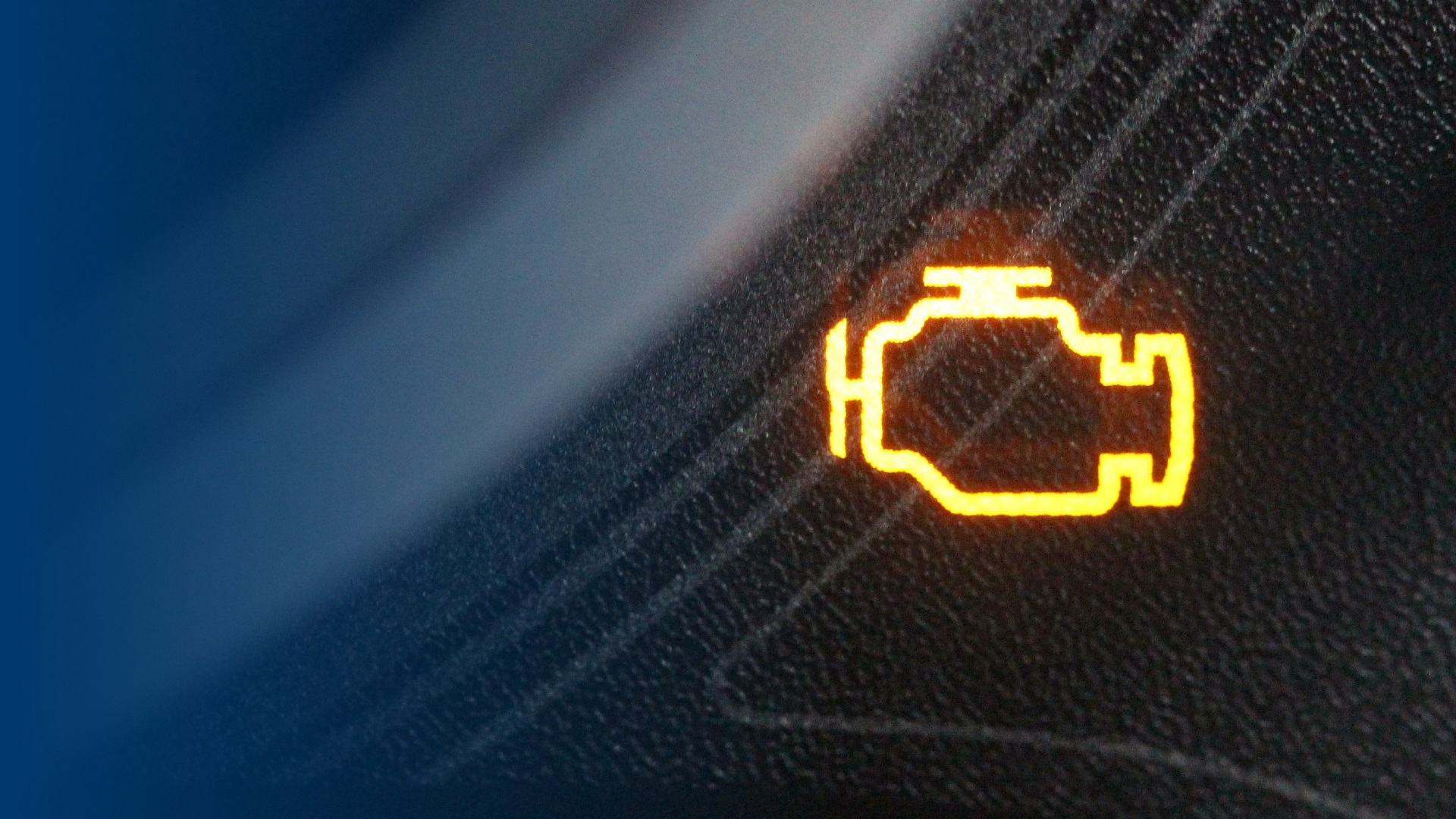Resource Highlights
What does the knock sensor do?
The knock sensor is designed to detect signs of engine ‘knock’ – pre-ignition and other explosions outside of the main firing process. The sensor contains a stack of piezoelectric crystals that create signals in voltage when compressed by engine knock. These signals are sent to the ECU, which can make the changes in the air/fuel mix accordingly.
Find a selection of OE parts in the Delphi online catalogue.
What are the most common symptoms of a faulty knock sensor?
There are some signs to look out for that a knock sensor could be faulty. These telltale signs tend to affect engine performance and overall condition. Any of the symptoms below could signal that the knock sensor needs a look.
Hearing and feel
The first time a driver senses something may be amiss is when they hear and feel the issue as they drive – likely an excessive vibration above what they’re used to.
‘Check engine’ light is on
Any problem picked up by a sensor – or any problem with the sensor itself – is relayed to the ECU. The ECU then signals the driver’s attention to a problem by illuminating the ‘check engine’ light.
Excessive engine knocking
The knock sensor is equipped to deal with engine knock by having the ECU adjust the air/fuel mix in the cylinder, thus reducing the amount of misfiring and the amount of knock. Increased engine knock – an excessive knocking or vibrating – may mean the sensor isn’t functioning correctly to send that signal.
Decreased acceleration
If the knock sensor isn’t working, the ECU can’t tell if it’s got the right mix of air and fuel in the cylinder. To protect the engine, the ECU will hamper the ignition timing, protecting the engine from unnecessary damage but removing the oomph from the engine.
Reduced engine power
The loss of power isn’t limited to trouble accelerating. The vehicle’s onboard electronics are acting to preserve the engine and prevent further damage, which means reduced torque throughout the journey.
Lowered fuel efficiency
With its acceleration reined in, the vehicle’s fuel economy will drop too, as the engine isn’t burning the fuel as efficiently as it could be if the knock sensor were operational.
Issues with idling
A hard start – or trouble starting at all – could be because of a faulty knock sensor. If the sensor is unsure of the air/fuel makeup, it can simply cut the engine altogether and refuse to start up again.
Why do knock sensors fail?
Knock sensors can break down for a variety of different reasons relating to installation, maintenance and performance during use.
Excessive vibration could have shaken loose a connection, caused damage to the sensor or could be preventing the sensor from doing its job.
SIGN UP
TO FIND OUT MORE
Fill out your details to hear more from our experts and get the latest updates from Delphi.




